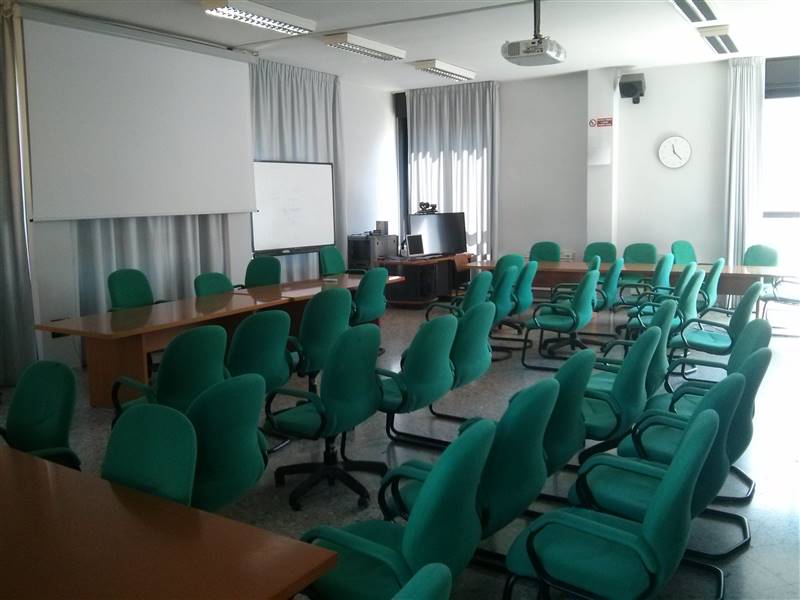Detection of supernova electron neutrinos in near future neutrino detectors
Event
- Title:
- Detection of supernova electron neutrinos in near future neutrino detectors
- When:
- Mon, 21. May 2018, 15:30 - 17:30
- Where:
- Bari,
- Category:
- Seminari
Description
Detecting supernova νe is essential for testing supernova and neutrino physics, but the yields are small and the backgrounds from other channels large, e.g., ~ 100 and ~ 10^4 events, respectively, in Super-Kamiokande.
I will show a new way to isolate supernova νe, using gadolinium-loaded water Cherenkov detectors. The forward-peaked nature of neutrino - electron elastic scattering allows an angular cut that contains the majority of events. Even in a narrow cone, near-isotropic inverse beta events are a large background.
With neutron detection by radiative capture on gadolinium, these background events can be individually identified with high efficiency. The remaining backgrounds are smaller and can be measured separately, so they can be statistically subtracted. This precision will allow powerful tests of supernova neutrino emission, neutrino mixing, and exotic physics. Unless very large liquid argon or liquid scintillator detectors are built, this is the only way to guarantee precise measurements of supernova νe.
Using a long-term two-dimensional core-collapse simulation with three time varying spectral parameters, we generate mock data to examine the capabilities of the current Super-Kamiokande detector and compare the relative improvements that gadolinium, Hyper-Kamiokande, and DUNE would have. We show that in a realistic three spectral parameter framework, the addition of gadolinium to Super-Kamiokande allows for a qualitative improvement in supernova νe spectral determination. Significant improvements will also happen with JUNO, Hyper-K and DUNE.
Speaker: Dr. Ranjan Laha (JGU University, Mainz)
Venue
- Location:
- Aula Multimediale
- Street:
- Primo piano
- ZIP:
- 70125
- City:
- Bari
- Country:
-

Description
Sala con 50 posti




